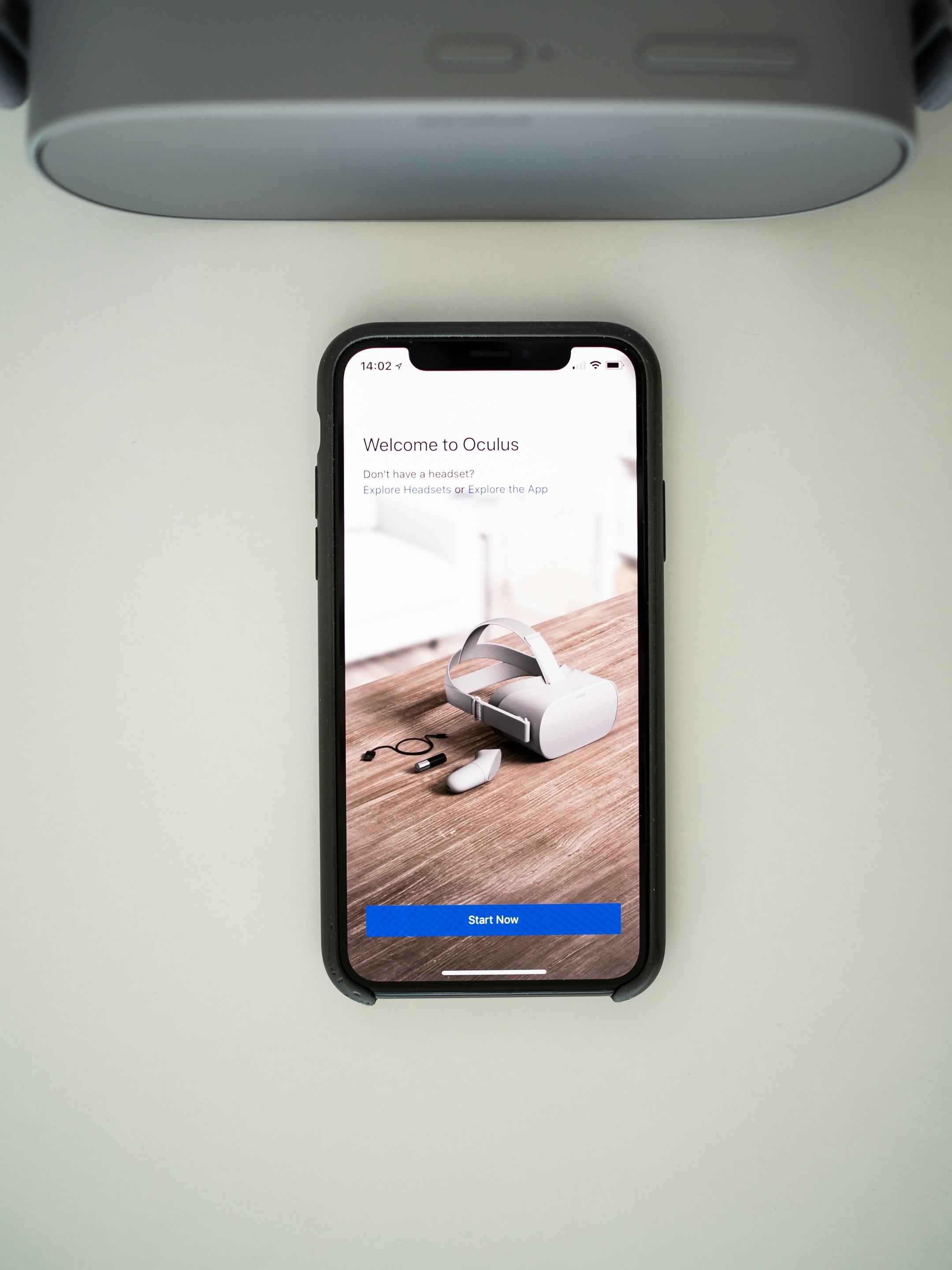
Kotlin has emerged as one of the most popular programming languages, particularly among Android developers, and my journey working with Kotlin at Google has been nothing short of transformative. Over the past few years, I have had the privilege of diving deep into its features and capabilities, allowing me to witness firsthand the impact it can have on development processes. With its concise syntax, strong interoperability with Java, and safety features, Kotlin has proven to be a game-changer, not just in Google’s projects but in the wider tech landscape. I would like to share my insights and experiences to help you embark on your own Kotlin journey.
In this blog post, I will outline the essential tools and setups needed to get started with Kotlin, as well as best practices I've gleaned from my time working in the field. Whether you are a complete beginner or someone looking to enhance your programming toolkit, these tips will pave the way for a smooth introduction to Kotlin. Let’s explore how you can harness the power of this versatile language, making your coding experience both efficient and enjoyable.
My journey with Kotlin at Google: Insights and experiences
I have been working with Kotlin at Google for some time, and my journey with this powerful programming language has been transformative. When I first started, I was attracted to Kotlin's concise syntax and seamless interoperability with Java. The transition wasn't just about learning a new language; it was about embracing a modern development approach that prioritizes safety and efficiency. Throughout my experience at Google, I have witnessed how Kotlin enhances productivity by reducing boilerplate code, which allows developers to focus more on solving problems rather than dealing with repetitive tasks.
As I delved deeper into Kotlin, I discovered its extensive standard library and robust tooling support, which made my coding experience even smoother. Pairing Kotlin with modern IDEs like IntelliJ IDEA and Android Studio unveiled a world of features that facilitate code completion, refactoring, and debugging. I also had the privilege of collaborating with skilled developers, which accelerated my learning curve. Sharing my insights and experiences with new Kotlin developers became a passion of mine, as I believe this language opens up countless opportunities for innovation and creativity in software development. Whether you are a seasoned developer or just starting out, Kotlin has something valuable to offer, and I am excited to guide you on your journey.
Essential tools and setups to get started with Kotlin
To begin your journey with Kotlin, you need to set up a conducive development environment. I recommend starting with IntelliJ IDEA, which is the official IDE for Kotlin. Its integration is seamless, offering built-in support for Kotlin features such as autocompletion, debugging, and refactoring. You can download the Community Edition for free, which provides more than enough tools for beginners. Additionally, consider using the Kotlin plugin for Android Studio if you plan to develop Android applications. This ensures that you have access to rich tooling specifically tailored for mobile development, empowering you to build robust apps with Kotlin efficiently.
Once you've set up your IDE, explore other essential tools that can enhance your Kotlin experience. Gradle is an excellent build tool for managing your projects and dependencies, making it easier to compile and package your applications. Familiarize yourself with version control systems like Git, which are vital for collaborating with others and tracking changes in your code. Also, take advantage of online resources and communities, such as the Kotlin Slack channel or Stack Overflow, where you can connect with other developers, share knowledge, and seek assistance as you embark on your Kotlin journey. Embracing these tools and resources will lay a solid foundation for your future projects.
Best practices and tips for beginners in Kotlin based on my experience
As someone who has been working with Kotlin at Google for some time, I can share that mastering the fundamentals is crucial. Start by familiarizing yourself with Kotlin's syntax and features, such as null safety, extension functions, and coroutines. These concepts significantly enhance the productivity and robustness of your code. Don’t hesitate to experiment with Kotlin in simple projects, which helps solidify your understanding. Leverage online resources, tutorials, and the official documentation; they provide valuable insights and practical examples to enhance your learning journey.
Collaboration in Kotlin is another important aspect. Engage in community discussions, forums, and open-source projects to gain diverse perspectives on problem-solving. Writing code with others can expose you to different coding styles and best practices, accelerating your learning curve. Additionally, consider utilizing integrated development environments (IDEs) like IntelliJ IDEA, which provide excellent support for Kotlin development. Lastly, remember to embrace Kotlin's idiomatic programming practices — concise, expressive, and readable code should be the goal. By incorporating these best practices, you'll not only enhance your skills but also prepare yourself for more complex projects in the future.